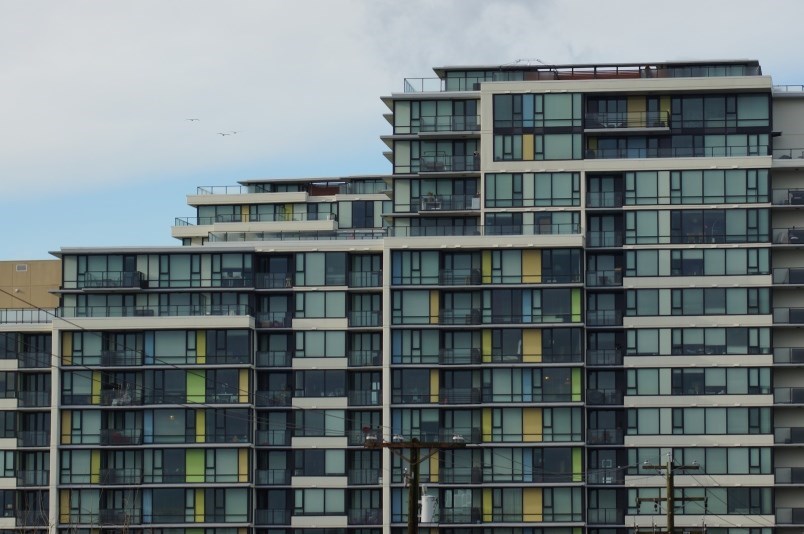The City of Richmond will need almost $2.8 billion over the next 25 years to build all the roads, sewers, drainage systems and other infrastructure it needs.
And two-thirds of this could come from development fees, something that one Richmond developer says will be passed on to buyers.
City staff has proposed large increases to the development cost charges (DCCs) that developers pay when building new housing, business parks or industrial buildings.
Fees paid by developers to build a house, townhouse or apartment will increase between 42 and 54 per cent.
But the biggest jump will be for major industrial projects, with DDCs costing the developer about $220,000 per acre, up from the current $103,000 per acre.
Dana Westermark, a Richmond developer, called these proposed DCCs “punishing,” saying they will ultimately be passed on to buyers.
“It affects the end price of all housing,” he said. “(It’s) delusional thinking somehow development will absorb the cost and it won’t get passed on.”
He pointed out the proposed Richmond DCCs are some of the highest in the Lower Mainland.
The new Richmond DCCs will be higher than those in Surrey, Langley, New Westminster and Delta.
For example, development fees for a single-family home in Delta are about $21,000 while Richmond is proposing fees of almost $68,000 (it’s currently about $41,000).
Some costs are estimated to increase dramatically – for example, the city says it needs to increase DCCs collected for drainage two-and-a-half-fold, from about $167 million to $583 million by 2047.
Westermark questioned whether costs for infrastructure like dyking should be placed on development or be spread out more evenly among existing residents.
“Is that fair to place that on new development, or should every resident be contributing?” he said. (Property taxes in Richmond do include a drainage utility fee, for example, a single-family home paid $173 in 2022.)
Westermark said there’s no argument infrastructure is needed and there’s a “strong reason” to be aggressive on climate change.
But, in addition to spreading out the cost among existing residents, he also questioned whether more should not be paid for by senior levels of government.
Alternately, Westermark said concentrating density along the waterfront would allow development to build superdykes - large dykes that butt up against a development - something he thinks should be brought up when the city starts reviewing its Official Community Plan.
City council endorses DCC increases
City council endorsed the DCC increases in July – with Coun. Michael Wolfe the only one voting in opposition –and the next step is seeking public feedback before they are changed.
The feedback period has been extended to Dec. 16.
DCCs have been going up incrementally most years based on the consumer price index. In the past five years, this has varied from zero per cent – during COVID-19 – to 2.9 per cent.
The three key drivers are higher land values and increased building construction costs, which have gone up by 45 per cent in the past five years.
“The increases in land value, construction costs, the fast and continuous pace of growth, as well as the large-scale developments in the City Centre area, are all contributing factors in determining the appropriate level of DCC to fund the required new infrastructures to support the population growth that new development brings to the City,” a city report to council notes.
Apartments and townhouses will see a per-square-foot increase of about $10, going from the current $23 per square foot to about $33 per square foot.
Commercial and institutional DCCs will go from the current $15 per square foot to almost $24 per square foot.



